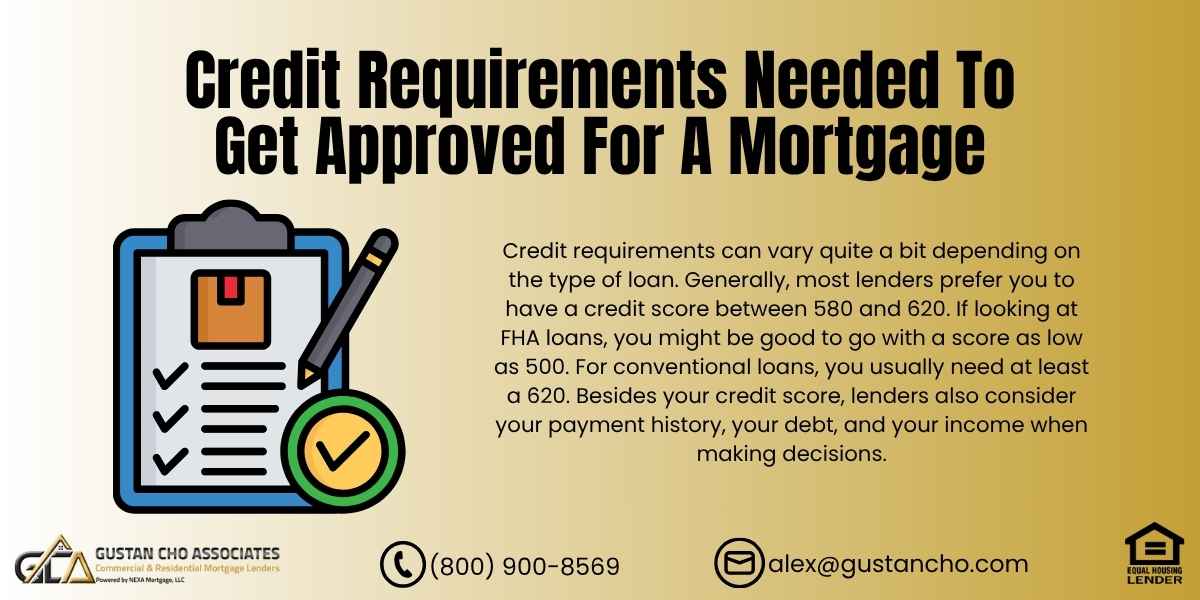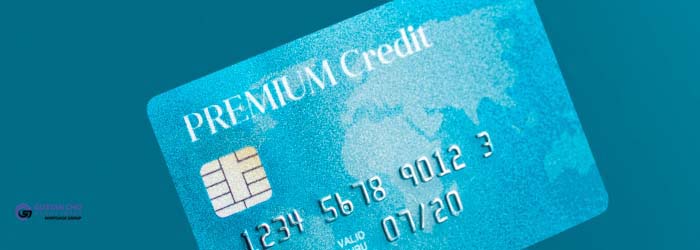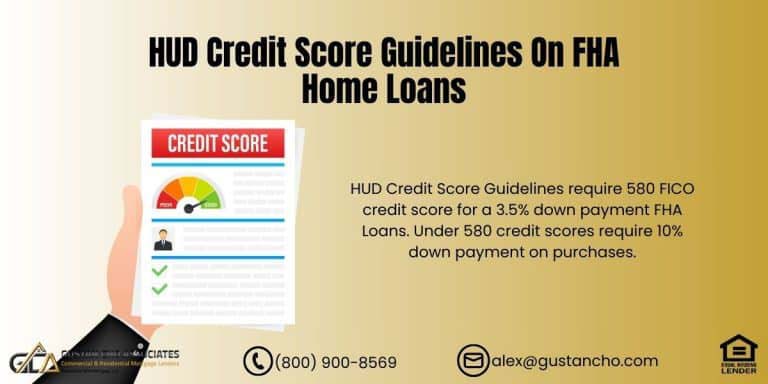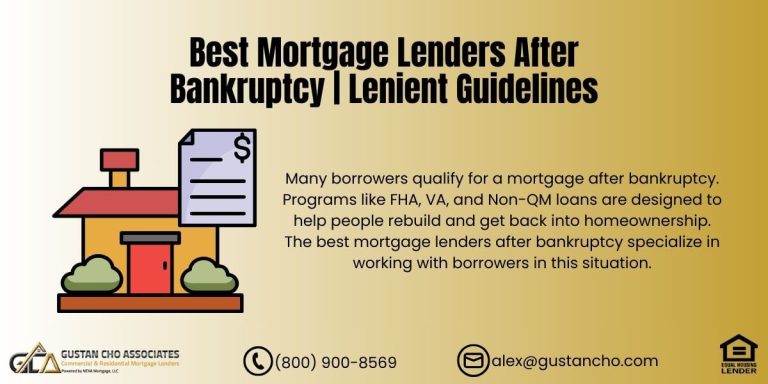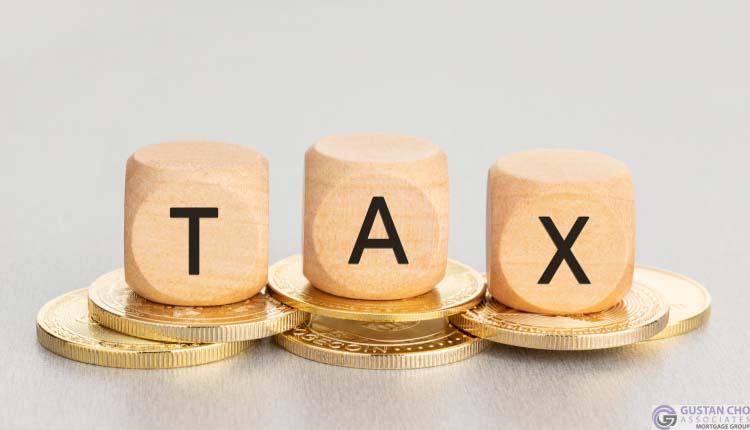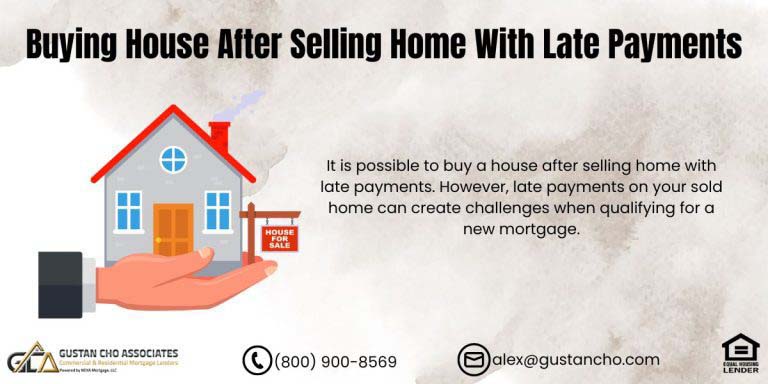Credit Requirements: What You Need to Know to Get a Mortgage
If you’re planning to buy a home, one of the first questions you may have is: “What are the credit requirements to get approved for a mortgage?” This guide will break it down for you in simple terms. We’ll walk you through the basics, show you your options, and help you understand what it takes to qualify. Whether your credit is excellent, just okay, or needs work, you’ll leave here feeling confident and ready.
Why Credit Requirements Matter When Buying a Home
Your credit score gives lenders a peek into how well you manage your debt. It helps them determine if you’re a good fit for a mortgage. A higher score increases your likelihood of being approved and obtaining a lower interest rate. Those reduced rates can significantly save you money throughout the duration of your loan.
But here’s the good news: you don’t need perfect credit to buy a home. In fact, many loan programs exist to help people with lower scores or past credit issues.
Wondering What Credit Requirements You Need to Get Approved for a Mortgage? We Can Help!
Contact us today to find out exactly what credit score you need to qualify for a home loan.
General Credit Requirements for Mortgage Approval
Each loan program has its own credit rules, but here’s a quick look at the general credit requirements in 2025:
| Loan Type | Minimum Credit Score | Down Payment | Notes |
| FHA Loan | 580 (3.5% down)500 (10% down) | 3.5%-10% | Most flexible loan, great for lower credit |
| VA Loan | No official minimum (most lenders want 580-620) | 0% | Only for veterans/active duty/service members |
| Conventional | 620+ | 3% to 20% | Better rates with 740+ scores |
| Jumbo Loans | 680-700+ | 10%-20% | For homes above conforming loan limits |
| Non-QM Loans | Varies (500+ possible) | 10%+ | For self-employed, unique income, recent credit events |
These are just starting points. Other factors like income, debt, and payment history also matter.
FHA Loans: The Most Lenient Credit Requirements
FHA loans, which are supported by the Federal Housing Administration, are a great option for individuals with lower credit ratings who are interested in purchasing a home. You can qualify with a credit score as low as 580 if you put down just 3.5%. If your score is between 500 and 579, you can still get approved, but you’ll need to come up with a bigger down payment of 10%. Borrowers need to meet the HUD Guidelines on DTI for FHA Loans
The good news is that past financial issues like bankruptcy, collections, or foreclosure won’t necessarily keep you from getting an FHA loan.
Important: Even if your score meets the minimum, lenders want to see on-time payments for the past 12 months.
FHA also allows for manual underwriting, meaning your file can be reviewed by a real person instead of a computer if you don’t get an automated approval. This gives you another shot to get qualified!
VA Loans: No Credit Score Requirement by the VA
VA loans offer an excellent choice for qualified military personnel, veterans, and surviving spouses. There’s no official credit score requirement, but most lenders usually like to see scores between 580 and 620. These loans are pretty flexible—they don’t need a down payment, and you don’t have to worry about private mortgage insurance (PMI). Plus, they allow manual underwriting, so your unique situation can be considered.
VA lenders want to see a pattern of financial recovery after any major credit issues. Gustan Cho Associates specializes in VA manual underwriting, even for those with past late payments or low scores.
Conventional Loans: Best for Good to Excellent Credit
Conventional loans are a popular pick for buyers with good credit and a steady income since they aren’t backed by the government. To qualify, you usually need at least a 620 credit score, but if your score reaches 740 or above, you’ll get the most favorable rates. Boosting your credit score can also mean lower down payment requirements and cheaper mortgage insurance.
Borrowers need to meet Fannie Mae and Freddie Mac DTI Guidelines for Conventional Loans
Remember that any late payments in the past year can hurt your chances of getting approved. These loans work exceptionally well for folks with a solid credit history and good credit habits.
Curious About Credit Requirements for a Mortgage? Let Us Help You Get Approved!
Reach out today to learn the specific credit requirements and get started on your home-buying journey.
Jumbo Loans: Stricter Credit Requirements
A jumbo loan is for buying homes that cost more than the usual conforming loan limit, generally over $766,550 in most places for 2025.
Because of the high loan amounts, lenders often require 700+ credit scores, 10% or more down, and strong income documentation. These are ideal for high-income earners buying luxury or high-priced homes.
Non-QM Loans: Credit Requirements with Flexibility
Non-QM (Non-Qualified Mortgage) loans are perfect for people who don’t fit into the typical mortgage box:
- Self-employed? Use bank statements or CPA letters to qualify.
- Just out of bankruptcy or foreclosure? No waiting periods with some lenders.
- Have a low credit score but a large down payment? You might qualify.
Gustan Cho Associates works with dozens of non-QM lenders offering options like:
- No-doc loans
- Profit and loss mortgages
- Asset-based loans
- DSCR loans for investors
Credit requirements vary, but we can often help with scores down to 500.
It’s Not Just Your Credit Score
Meeting the minimum score doesn’t always mean you qualify. Lenders also look at:
- Payment history: Have you been on time in the last 12 months?
- Credit tradelines: Do you have at least 2-3 accounts showing on-time payments?
- Debt-to-income (DTI) ratio: What portion of your earnings is allocated to monthly debt?
Some lenders require 3 tradelines with 12 months of history. But that’s a lender overlay—not an official rule. At Gustan Cho Associates, we work with lenders without overlays.
No Tradelines? You Still Have Options
If you don’t have credit cards or loans that report to the credit bureaus, you can use non-traditional tradelines, like:
- Rent payments
- Cell phone bills
- Car insurance
- Utility bills
To use these, you’ll need to show 12 months of canceled checks or bank statements. Cash payments without documentation won’t count.
We’ll help you build a credit profile lenders accept.
How to Build or Rebuild Credit for a Mortgage
If your score is low or you don’t have credit, here’s how to start rebuilding:
- Open 3 secured credit cards (aim for at least a $500 limit each)
- Use them lightly (keep balances under 10-30% of limit)
- Pay on time every month
- Add an installment loan like a small car loan if possible
In just 3-6 months, your scores can go up 100 points or more. That’s often enough to qualify for an FHA loan.
Why Was I Denied Even with a Good Credit Score?
You might meet the minimum credit requirements but still get denied because of the following:
- Recent late payments
- Accounts in dispute
- High DTI ratio
- Lender overlays
Don’t give up. We approve loans other lenders deny because we follow the official guidelines without extra overlays.
2025 Mortgage Update: New Credit Scoring Models
In late 2025, lenders will start using new credit scoring models called FICO 10T and VantageScore 4.0. These models focus more on trended data, which looks at how people manage their credit balances over time. This change may help borrowers who always pay on time but still have balances qualify for credit. However, those who suddenly max out their credit cards might see a negative effect.
We stay ahead of these changes to help you qualify based on the latest rules.
Ready to Buy a Home? Let’s Help You Understand the Credit Requirements for Mortgage Approval!
Contact us now to learn how you can qualify for a loan and start the process.
Get a Mortgage with Bad or No Credit
At Gustan Cho Associates, we help over 80% of our clients turned down by other lenders. We have a program for you whether you have low credit, no credit, recent bankruptcy, or unique income.
- No lender overlays
- Manual underwriting expertise
- Non-QM loan options
- Fast closings and personal service
Call or text us at 800-900-8569 or email gcho@gustancho.com to see how we can help.
Final Thoughts: Credit Requirements Don’t Have to Stop You
Understanding credit requirements is the first step toward homeownership. Even if your credit isn’t perfect, there are still options.
Let us help you find the best path forward.
Frequently Asked Questions About Credit Requirements:
Q: What are the Credit Requirements to Get a Mortgage?
A: Credit requirements can vary quite a bit depending on the type of loan. Generally, most lenders prefer you to have a credit score between 580 and 620. If looking at FHA loans, you might be good to go with a score as low as 500. For conventional loans, you usually need at least a 620. Besides your credit score, lenders also consider your payment history, your debt, and your income when making decisions.
Q: Can I Get a Mortgage with Bad Credit?
A: Yes! You don’t need perfect credit to buy a home. FHA loans are great for borrowers with low scores, even those down to 500, with bigger down payments. We also have non-QM loans that work for people with recent credit issues.
Q: What Credit Score do I Need for an FHA Loan?
A: To qualify for a 3.5% down payment, you need a credit score of at least 580. You can still get approved if your credit score is between 500 and 579, but you will be required to make a 10% down payment instead.
Q: Can I Get a Mortgage with No Credit History?
A: Yes. If you don’t have credit cards or loans reporting to credit bureaus, you can use non-traditional credit like rent, utilities, or phone bills. You’ll need to show 12 months of on-time payments with proof like canceled checks or bank statements.
Q: Why was I Denied Even Though My Credit Score is Good?
A: Even if your score is high, you could get denied for other reasons—like recent late payments, too much debt, or lender overlays (extra rules some lenders add). At Gustan Cho Associates, we work with lenders who don’t have overlays.
Q: What are Lender Overlays, and How do They Affect Credit Requirements?
A: Lender overlays are extra rules some lenders add on top of regular mortgage guidelines. For example, a lender might require three credit tradelines, even though FHA or VA doesn’t. We work with lenders with no overlays, so you have more chances to get approved.
Q: How Can I Build or Fix My Credit to Buy a House?
A: Start by opening three secured credit cards, using them responsibly, and paying on time every month. If possible, add a small installment loan like a car loan. Most people see a score boost in 3 to 6 months.
Q: What are the Credit Requirements for a VA Loan?
A: The VA doesn’t set a minimum score, but most lenders want a 580 to 620 score. The great news is that VA loans don’t need a down payment and allow for manual underwriting if your score is lower or your situation is unique.
Q: Do Jumbo Loans and Conventional Loans have Higher Credit Requirements?
A: Yes. Jumbo loans usually need a score of 700 or higher, and conventional loans need at least 620. For the best rates, aim for 740 or above.
Q: What’s Changing with Credit Requirements in 2025?
A: In late 2025, lenders will start using new models like FICO 10T and VantageScore 4.0, which look at how you’ve managed credit over time—not just your score today. If you pay on time and avoid maxing out cards, this could help your chances.
This blog about “Credit Requirements Needed To Get Approved For A Mortgage” was updated on June 20th, 2025.
Not Sure About Credit Requirements for a Mortgage? We’re Here to Help You Qualify!
Reach out today to find out what you need to qualify for your mortgage.


